By 2041, it is predicted that adults ages 65 and older will comprise one-quarter of Buncombe County’s population.
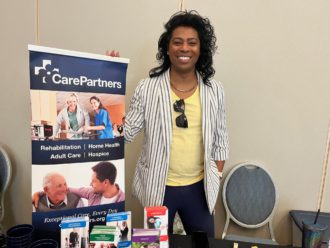

By 2041, it is predicted that adults ages 65 and older will comprise one-quarter of Buncombe County’s population.
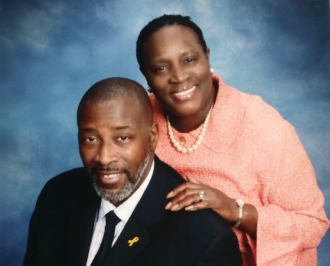
Navigating a dementia diagnosis in the family can be a confusing and lonely experience for both the patient and the caregiver. In Buncombe County, there are numerous nonprofits to provide education and support.

“Our support group is a partnership with persons diagnosed with first-stage dementia, family members and caregivers.”

Buncombe County is expecting a large increase in its elderly population in the coming decades. The need for more caregivers will increase with the rise of the aging population.

“As research suggests that COVID-19 may be associated with long-term cognitive dysfunction, care for those with dementia is more crucial than ever.”
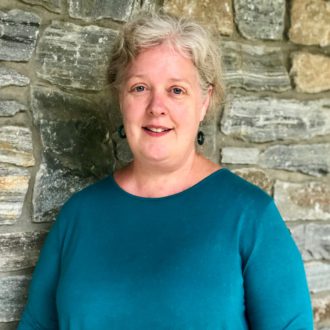
“When facing challenges of dementia, it is so important to have access to a health care provider who understands what is happening, who is available for questions when there are changes and who can help families understand what to expect as the disease progresses.”
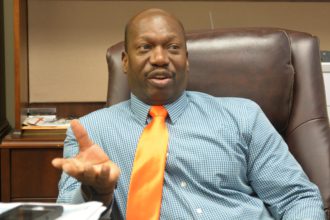
Hendersonville Police Chief Herbert Blake has established a voluntary registry for residents with dementia. In the event a person on the registry wanders from home or otherwise goes missing, the information can instantly be shared with local emergency responders.
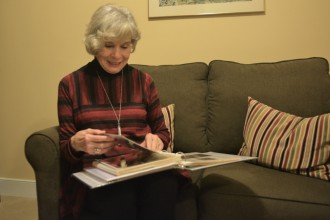
The Alzheimer’s Association — Western Carolina Chapter connects caregivers of Alzheimer’s patients with a variety of resources through its Direct Connect Referral Program. In Asheville, Memory Care also offers support services for people who have dementia and their families. Both organizations advise caregivers to seek help rather than go it alone.
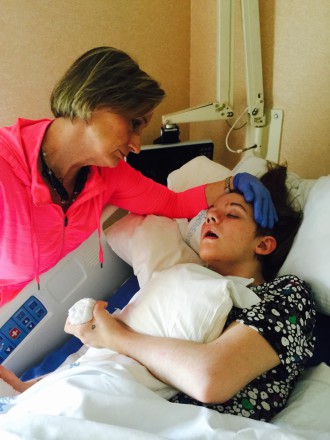
Life can change in an instant, when accidents or illnesses occur, often thrusting family members into a caregiving role. Although the stresses and problems are many, caregivers report the rewards can be great as well.
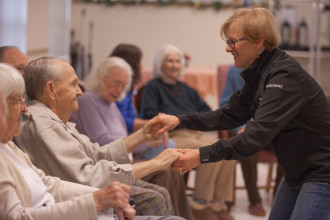
Nearly 20 percent of Buncombe County’s population is over 65, and most of those have one or more chronic health conditions. Local agencies are stepping up efforts to prevent and treat chronic diseases.
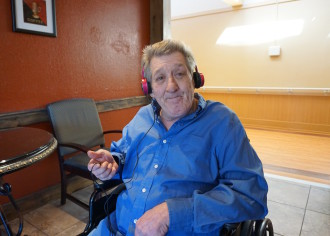
The therapeutic power of music has been evident for centuries. But now music therapy is catching on in modern society and the use of music is proving to be particularly helpful in patients with Alzheimer’s and other forms of dementia.

When you’re taking care of someone with dementia, there’s no such thing as just getting away for a few days, says Asheville resident Thomas Stern, who’s had extensive caregiving experience. To help address such challenges, Stern is launching AV.E Health and, beginning in January, the company will offer assisted vacations at the Grove Park Inn for people with dementia and their family caregivers.